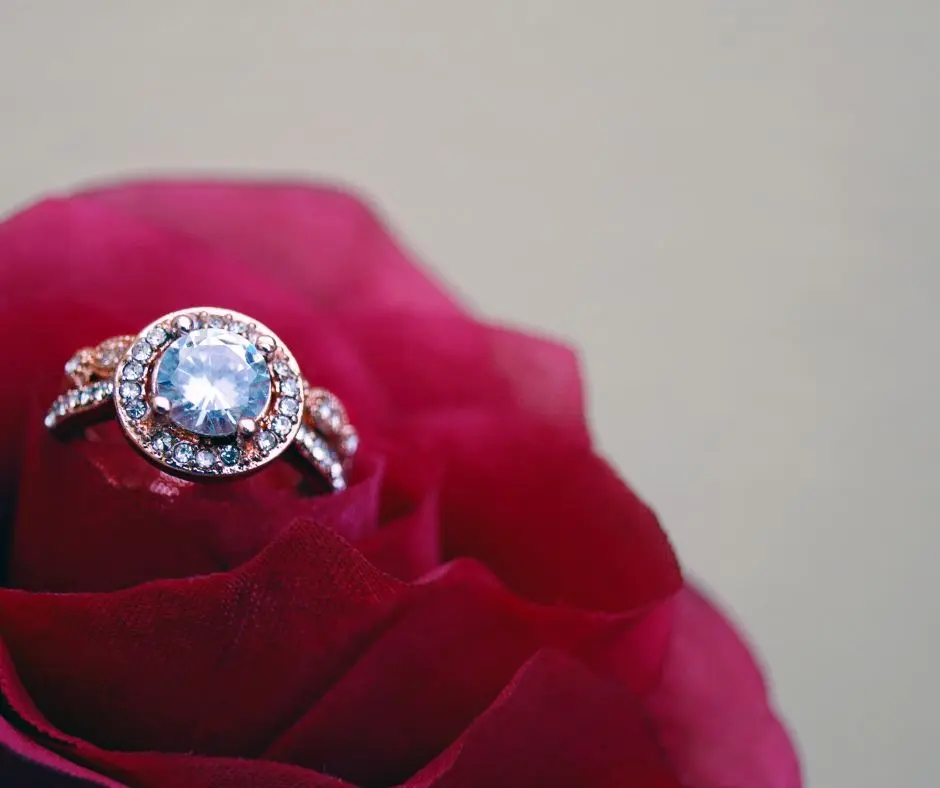When two people decide to get married, it can be an exciting time filled with plans for the future. Traditionally, the celebrations begin after one person proposes marriage and presents their future fiancé with an engagement ring.

However, as the two moves towards their wedding day, they may realize they are not an ideal match. While the former couple can go their separate ways without having to assume the burden and expense of a divorce, the question of who gets to keep the engagement ring may remain.
Wisconsin, like many other states, follows the “conditional gift rule”. In this context, a conditional gift means that the ring is considered a gift that is predicated upon the recipient marrying the giver. The effect of this rule is that true ownership of the ring by the recipient does not take place until the marriage occurs.
The rule remains the same despite a lengthy engagement or a messy breakup. However, there may be exceptions in limited circumstances.
One exception to the conditional gift rule which could be applied by Wisconsin courts involves a scenario where it is unclear whether the ring was given as a condition of marriage or was an ordinary gift. In such an instance, if the recipient can show that the ring was given as a gift rather than being conditioned upon marriage, they may be able to keep the property.
This will most likely involve the recipient providing corroborating evidence of the fact that the ring was indeed a mere presence. For example, if the ring was presented at the recipient’s birthday party without mention of engagement, the recipient may be able to establish the ring was a birthday gift rather than for the condition of marriage.
Another possible exception is if the recipient tried to give back the ring, the giver refused to accept it and then came back later demanding the ring’s return. If the giver refuses the ring and then waits several months or years to ask for it again, this could create a basis for the recipient to claim that they believed the ring to be a gift after the giver refused to take it back.
One way to avoid having a dispute over an engagement ring is to enter into a legally binding agreement regarding its ownership. Although it may not seem the most romantic gesture following an engagement, solidifying possession of this and other property before marriage can help both parties articulate their expectations and enter into their union feeling that their respective interests are protected.
While some engagements end before marriage, separation does not always easily decide who keeps certain items. When issues such as this arise, it can be difficult to traverse the legal process and accurately convey the terms related to prior agreements and gifts. Our office understands the various matters that can come up when a relationship ends before marriage and can help.










